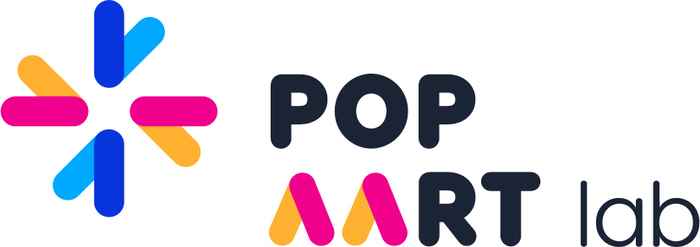Opening of POP-AART lab, a new ICAI Lab
New AI-strategies for improving radiotherapy
28 April 2022

It is a major challenge to give patients the right dose of radiation, at the right spot with least damage to healthy tissue, and while the patient and the tumor move and change shape during radiation and over time. And this should happen at each and every treatment session (which varies from 3 to 35). Within the POP-AART lab six PhD researchers develop novel AI strategies for improving the images on which the radiation treatment is based, predicting changes over time of the tumor and incorporating them in automatic treatment planning and adaptation.
All 6 of the work packages involve deep learning and cover fundamental research topics. These range from improving CT images obtained just before radiation to the level of diagnostic quality CT images, predicting deformations and segmentations of the tumor and organs at risk and incorporate these data in online and automated treatment plan optimization for each patient individually at each radiation session.
Scientific directors
Scientific directors are Efstratios Gavves is assistant professor of Computer Vision and Deep Learning at the Informatics Institute (UvA) and Jan-Jakob Sonke is theme leader image guided therapy at the Netherlands cancer institute and professor by special appointment of Adaptive Radiotherapy at the Faculty of Medicine (UvA).
Partners of POP-AART
Elekta, headquartered in Stockholm, Sweden, is a leader in precision radiation medicine with more than 4,000 employees worldwide.
Netherlands Cancer Institute is among the top 10 comprehensive cancer centers, combining world-class fundamental, translational, and clinical research with dedicated patient care.
University of Amsterdam is the Netherlands’ largest university, offering the widest range of academic programmes.
More information
How AI can help improve precision radiotherapy.
Research topics POP-AART lab website.